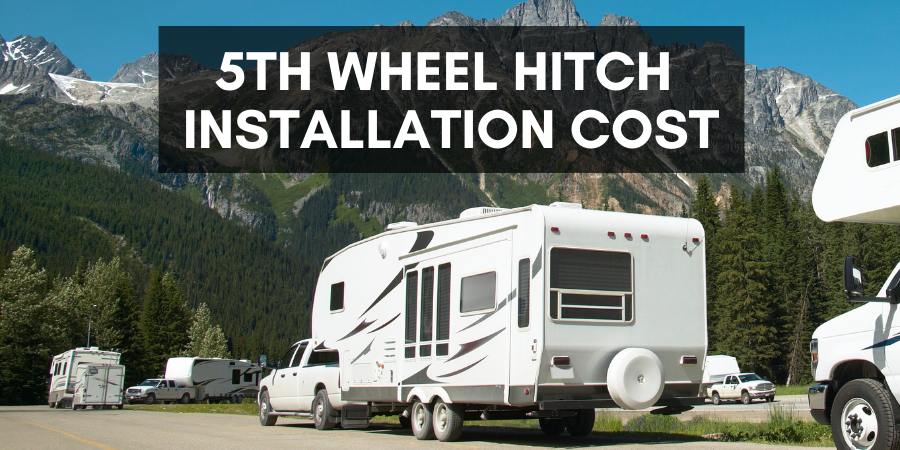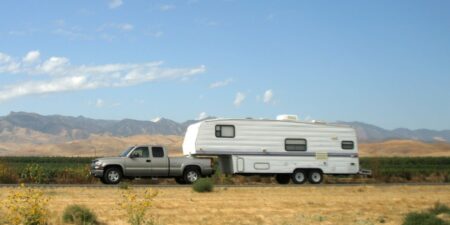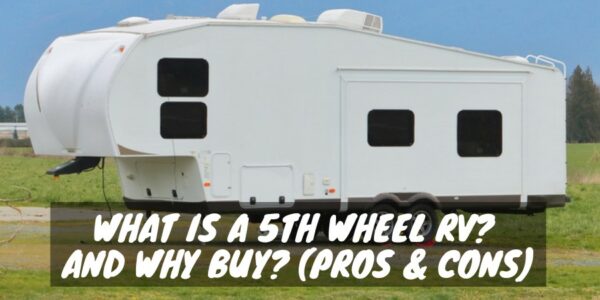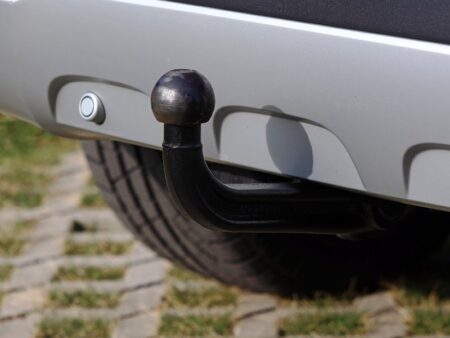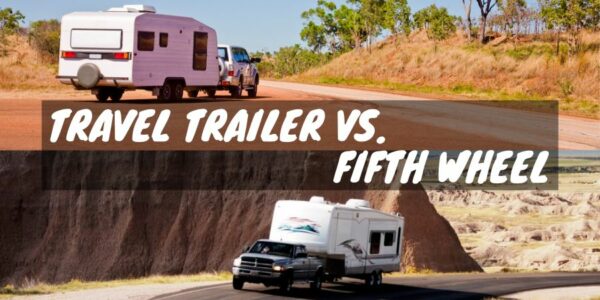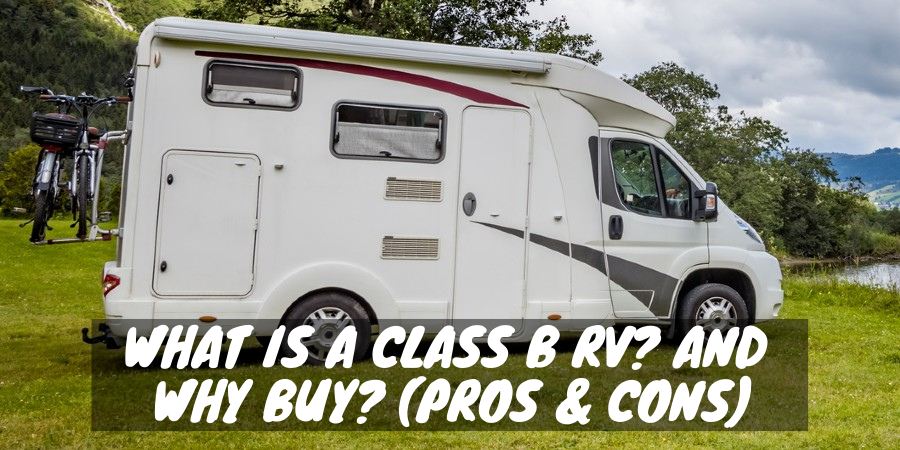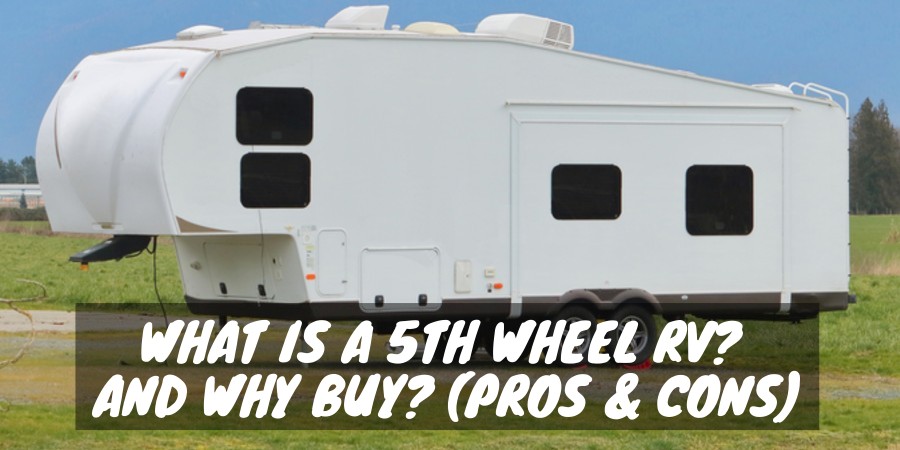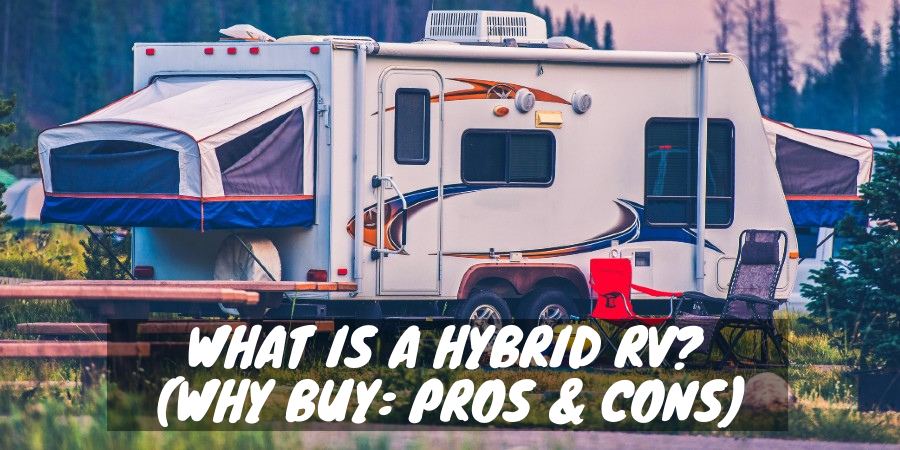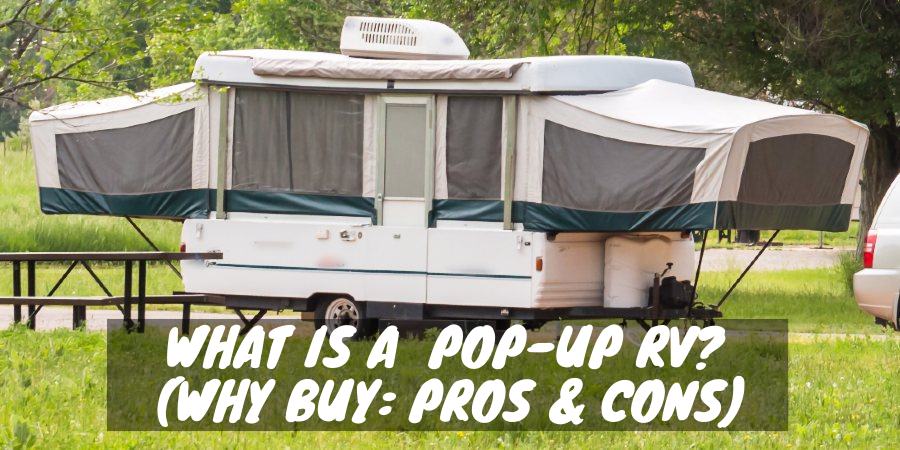Are you planning to buy a 5th Wheel recreation vehicle?
Installing the hitch necessary to tow your new RV must be part of your budget plans, as it’s a unique design that attaches to the bed of your heavy-duty truck.
Knowing what cost to expect for both the hitch and professional installation can help you keep your overall financial outlay under control, so stay right here to get all the details!
What Is a Fifth Wheel Hitch?
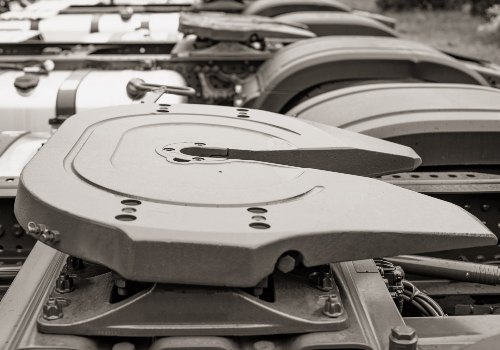
A fifth wheel hitch mounts inside the bed of a heavy-duty truck with a U-shaped coupler that the kingpin on the front of the camper secures for towing. Hitches range in sizes for towing capacities from 16,000 up to 30,000 pounds.
The hitch is large and must attach directly to the truck bed in the correct position to best balance and pull the heavy load of a 5th wheel trailer.
Many travel trailers have a ball hitch that attaches to the bumper of a truck or other tow vehicle, which is the most common style of hitch people are aware of.
Is a Gooseneck Hitch the Same as a Fifth Wheel Hitch?
Although you may hear plenty of people you meet at campgrounds refer to their fifth wheel hitch as a gooseneck, thinking the terms are interchangeable, this isn’t correct.
A gooseneck hitch uses a ball connection to a vertical coupler, which means the hitch looks quite different from that of a fifth wheel. A gooseneck also puts its receiver connection at the trailer, where a fifth wheel hitch makes the receiver connection on the vehicle.
While a gooseneck hitch can work for a fifth wheel, and some people use it for their fifth wheel, they aren’t as stable for towing such a large and heavy trailer.
Is It Safe to Pull a 5th Wheel with a Gooseneck?
Yes, you can safely pull a 5th wheel trailer with a gooseneck hitch if the adapter can handle the weight capacity of the camper.
You can purchase an adapter plate to transition from a gooseneck to a 5th-wheel hitch that includes a set of rails that will accept the 5th wheel hitch.
The benefit of dealing with the adapter for a gooseneck hitch to pull a fifth wheel is that it allows you the ability to use the hitch for many other types of trailers without needing to switch the entire hitch system.
Advantages of a 5th Wheel Hitch

A 5th wheel hitch is bulky and heavy and takes up valuable truck bed space you could use for camping supplies, but the benefits still outweigh the disadvantages.
The first benefit of a 5th wheel hitch is the ability to customize it to suit the needs of your size of RV. In addition, you can purchase a hitch in various weight capacities so that you can tow your camper safely.
Another benefit of the fifth wheel hitch design is the slider option that allows you to mount the hitch in a short bed truck and still make turns without worry the RV front will hit the cab of the pickup truck.
I’ve seen the back of truck cab windows shatter for this reason when drivers are trying to maneuver their fifth wheel into a tight campsite or make a sharp turn at a gas station. The resulting damage will end your camping trip and can be very extensive and expensive to repair.
Having the slider to move the kingpin to a safe position relieves some of the stress of driving, but the overall design of the hitch is very stable, so it tows much smoother, and there’s less movement of the camper, so it’s quieter.
Everyone I know who transitions from a ball-hitch camping trailer to a fifth wheel all exclaim how much easier it is to tow the heavier and often larger RV, almost like they aren’t pulling anything at all.
That last aspect leads to the better safety record of a fifth-wheel hitch versus a bumper hitch no matter how fast the tow vehicle is driving.
The higher hitch point inside the truck bed centers the pivot point between the tires of the truck and places the front of the camping trailer over the truck bed.
This feature, along with the secure connection of the pivoting kingpin and coupler, keeps the fifth wheel weight more evenly centered, which reduces the sway that is a significant factor in RV road accidents.
Cost of a Fifth Wheel Hitch
Now that you understand what a fifth wheel hitch is and how it works let’s discuss the cost to purchase a complete kit with all the components.
A smaller towing-capacity fifth wheel hitch can start around $500 and the price can rise up to $3,500 for a high-weight-rated capacity.
Many of the 5th wheel hitches in the 20,000-25,000 pound range cost around $1,500, without any of the attachment accessories.
You can find both economy or high-end fifth wheel hitches, but it’s worth it to buy the highest quality hitch you can afford to avoid issues with function.
Features such as more solid bearings, sliders or rollers, rail-free design, and beefier attachment hardware all increase cost.
Here is a list of common fifth wheel hitch parts:
- Hitch (coupler)
- Rails
- Brackets
- Rail adapter kit with adapter hardware
- Turn rod
- Slider option
- Cap plug
- Fifth wheel wrench
- Turn plate
- Capacity upgrade adapters
- Spacer kit
- Hardware (bolts/washers)
Once you purchase all the fifth wheel hitch components, installation becomes the next task to complete.
First, I will explain what to expect to pay for professional installation and what you need to consider for a DIY 5th wheel hitch install.
5th Wheel Hitch Installation Cost
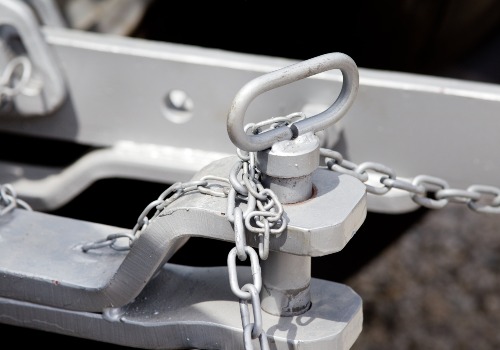
If you have no experience working with RVs and fifth wheel hitches, you should trust in and pay for expert installation, which should cost from $400-$900 for the labor only.
The cost of fifth wheel installation may seem a bit steep, but remember that there is much more to attaching the equipment than bolting the hitch to your truck bed.
First, a professional will double-check your truck is rated to tow the weight of your fifth-wheel trailer before installing the equipment.
Proper anchorage of the brackets, rail kit, and hitch to the truck frame is critical, using high-strength bolts that won’t snap under the stresses of the camper’s weight that places a downward force on the truck bed.
Want to Connect With a Community of Over 1,078 RV Enthusiasts?
The location of the hitch attachment is also crucial for proper function and balance during towing. Each hitch manufacturer will indicate the best position for attachment, but the experience of a professional will ensure the best setting.
In total, for both the 5th wheel hitch equipment and professional installation, expect to pay between $900-$4,400.
Can I DIY a Fifth Wheel Hitch Installation?
Many RV owners with confidence in their DIY skills do tackle the fifth wheel hitch installation so they can save on time and labor expense.
Again, you first must understand your truck’s towing capacity and buy a 5th wheel that fits inside the range before going forward with the hitch installation.
The best way to get the right fit and ensure you have all the parts you require is to buy a hitch kit made for your brand of truck. A kit prevents misplacement of the hitch and can eliminate the need to weld or drill to install the equipment.
You need to center the hitch both front-to-back and side-to-side in your truck bed between the tires for best results.
When done right, the hitch brackets should align with pre-drilled holes in your truck’s bed frame so you can secure it quickly and precisely.
Universal hitch kits will need more work, including drilling holes or pulling out a welder to secure the brackets of the hitch to the truck bed.
TIP: If your truck has a plastic bed liner, you must remove it before attaching the rails for the hitch. Over time the plastic will disintegrate, the trap will become loose, and dangerous movement of the hitch and trailer will occur.
Overall, attaching a fifth wheel hitch isn’t complicated, but it does require following instructions closely and taking care that all components connect in the correct location and are secured firmly.
Fifth Wheel DIY Installation Steps
Here is a quick step-by-step fifth wheel hitch installation process so you can have an idea of what a DIY project will entail.
- Remove the spare tire from the truck
- Using product instructions, position the front base rail
- For universal kits, mark and drill out the first pilot hole
- Look under the truck and check the location of the pilot hole-if it aligns, drill the other holes
- Use a larger drill bit through the pilot holes to widen the bolt holes
- Use bolts to attach the under-bed brackets
- Bolt down the front fifth wheel rail
- Carefully measure the fifth wheel hitch height
- Attach the legs of the fifth wheel hitch
- Position the rear fifth wheel rail, and drill holes and bolt down as you did with the front rail
- Install remaining bolts and tighten all the hardware
- Secure the fifth wheel hitch
There may be a difference in the installation process between hitch brands, sizes, and whether it’s custom for a truck brand or is a universal fit.
How to Install a 5th Wheel Hitch (Video)
Final Thoughts
Buying a 5th wheel camper will involve an extra $1,750 on average to buy and install an appropriate hitch to haul your RV to your camping destinations.
With the knowledge in this article, you can decide if you want to invest in a high-grade 5th wheel hitch kit customized for your truck brand, choose a sliding option, or pay for professional installation or go DIY and save on costs.
A fifth wheel hitch provides a safe and smooth towing experience, so paying for the best components will only add to your camping enjoyment!
"Man cannot discover new oceans unless he has the courage to lose sight of the shore."
-- Andre Gide

